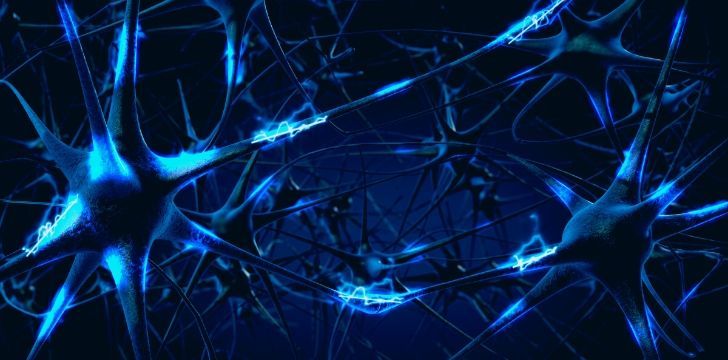#1 There are 9 common forms of depression.

You may think that there is one form of depression, but there are many different types that are caused by different elements. There are 9 common forms.
Clinical depression is the most common and this is where a doctor has diagnosed you with depression.
A depressive episode is where a doctor diagnoses you with clinical depression and they decide whether you are going through mild, moderate, or severe episodes.
A recurrent depressive disorder is when you have been diagnosed more than 2 times with depression.
Another type of depression is reactive depression; this is caused by traumatic or stressful life events, such as losing a family member or financial problems.
Dysthymia, also known as chronic depression or persistent depressive order, is when you experience continuous mild depression for over 2 years.
Manic depression which is also known as bipolar disorder is not a form of depression itself, but people who suffer from bipolar disorder will experience severe depressive episodes.
Some people are diagnosed with psychotic depression, this is when someone is experiencing a severe depressive episode and they have hallucinations or are delusional. This is also known as psychosis.
#2 1 in 10 people will experience depression.

Depression can be experienced at any age and by anyone. Statistics suggest that 1 in 10 of us will experience it in our lifetime.
In 2016 The National Institute of Mental Health estimated that 16.2 million adults in the US had experienced at least one major depressive episode that year.
The World Health Organization (WHO) estimates that there are more than 300 million people suffering from depression worldwide.
Just over 4% of the world’s populations have been diagnosed with clinical depression.
#3 There are over 15 symptoms of depression.

A lot of people associate feeling depressed with being sad, but they are many symptoms. Most of us will experience sadness at some point in our lives as it is a natural reaction to a negative situation.
However depression is an illness and has a lot more symptoms than just feeling sad.
Depression can cause any of the following symptoms; feeling anxious, irritable, restless, sad, feeling empty.
Some people will experience low energy or a loss of interest in things they once loved.
Another set of symptoms are related to diet, some people will experience a loss of appetite, or go the other way and comfort eat which could cause weight gain.
As well as changes in appetite it is common to experience problems with sleep.
There can also be physical symptoms as well as emotional, these can include headaches, body aches and pains, as well as digestive issues.
#4 Neurotransmitters can cause depression.

Neurotransmitters are important in regulating mood within the brain.
Serotonin and dopamine are the two main neurotransmitters that can cause depression if imbalanced.
Serotonin is the “feel-good” chemical in our brain and plays a role in our wellbeing and dopamine helps regulate emotion, memory, thinking and motivation.
Scientists are still trying to find out what causes these neurotransmitters to become imbalanced.
#5 The USA is the third most depressed country in the world.

Across the globe there are millions of cases of depression and you might think that it would be the developing countries that may be suffering from the most depression as they have more to worry about.
But that isn’t always the case. A study from the WHO shows that the US is third on the list of the top 10 most depressed countries.
China is first on the list and India second.
A suggested reason for this may be the lack of access to mental health services across these top three countries.
Although systems might be in place, they are often unaffordable or inaccessible for everyone, so people go undiagnosed or untreated.
Now you know more about depression, its causes and effects why not reach out to a friend to check they are okay?
Some of your closest friends or relatives could be suffering and not know that they are experiencing depression.
It can be a difficult topic to talk about, but the more we support and educate each other, the more people we can help.
Comments
Post a Comment